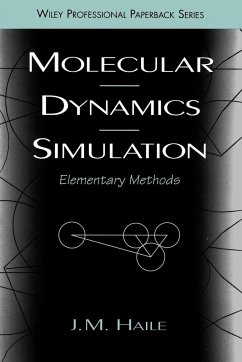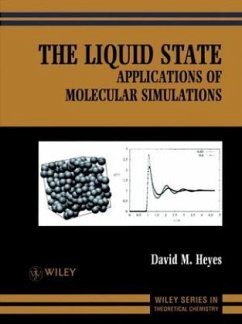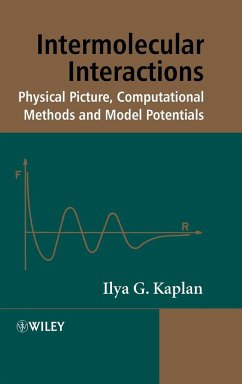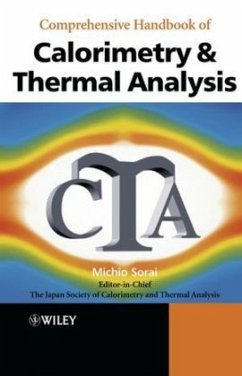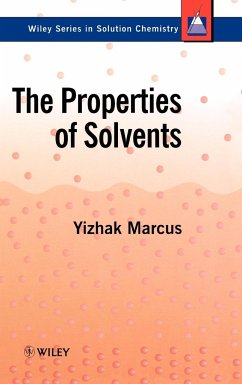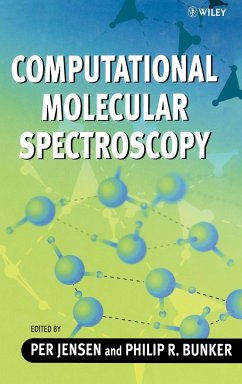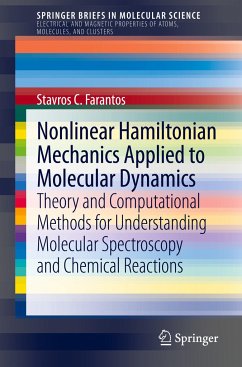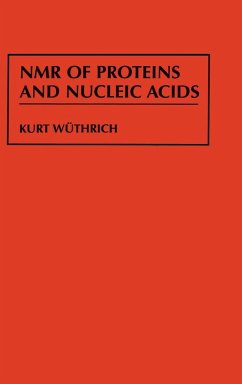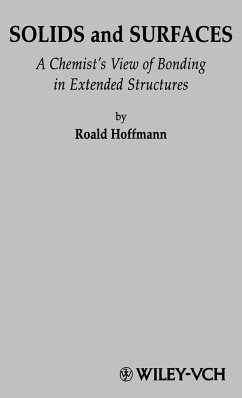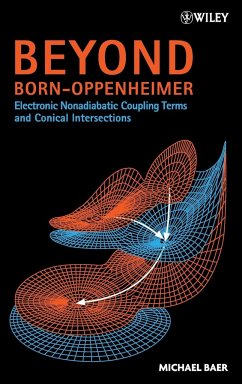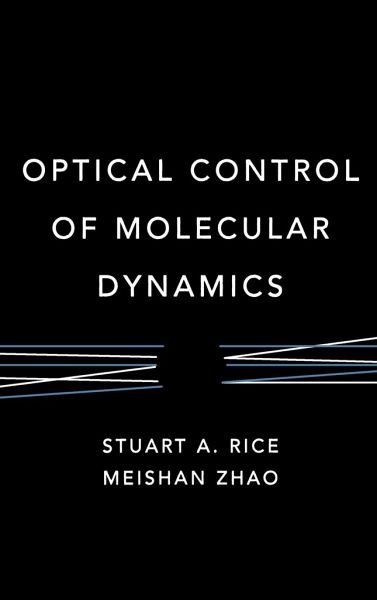
Optical Control of Molecular Dynamics
Versandkostenfrei!
Versandfertig in über 4 Wochen
221,99 €
inkl. MwSt.

PAYBACK Punkte
111 °P sammeln!
Fortschritte auf dem Gebiet der Lasertechnologie machen es möglich: Heute lassen sich chemischeReaktionen auf mikroskopischem Niveau steuern, indem man mit Hilfe von Lasern äußere Felder unterschiedlicher Intensität, Phase oder spektraler Zusammensetzung an ein System anlegt. So kann man die Moleküldynamik gezielt beeinflussen. Ein hochaktuelles Forschungsgebiet! Sie wollen mehr darüber erfahren? Ein ausgezeichneter Fachmann der chemischen Physik erläutert Ihnen hier den derzeitigen Stand der Forschungsarbeiten. (05/00)



